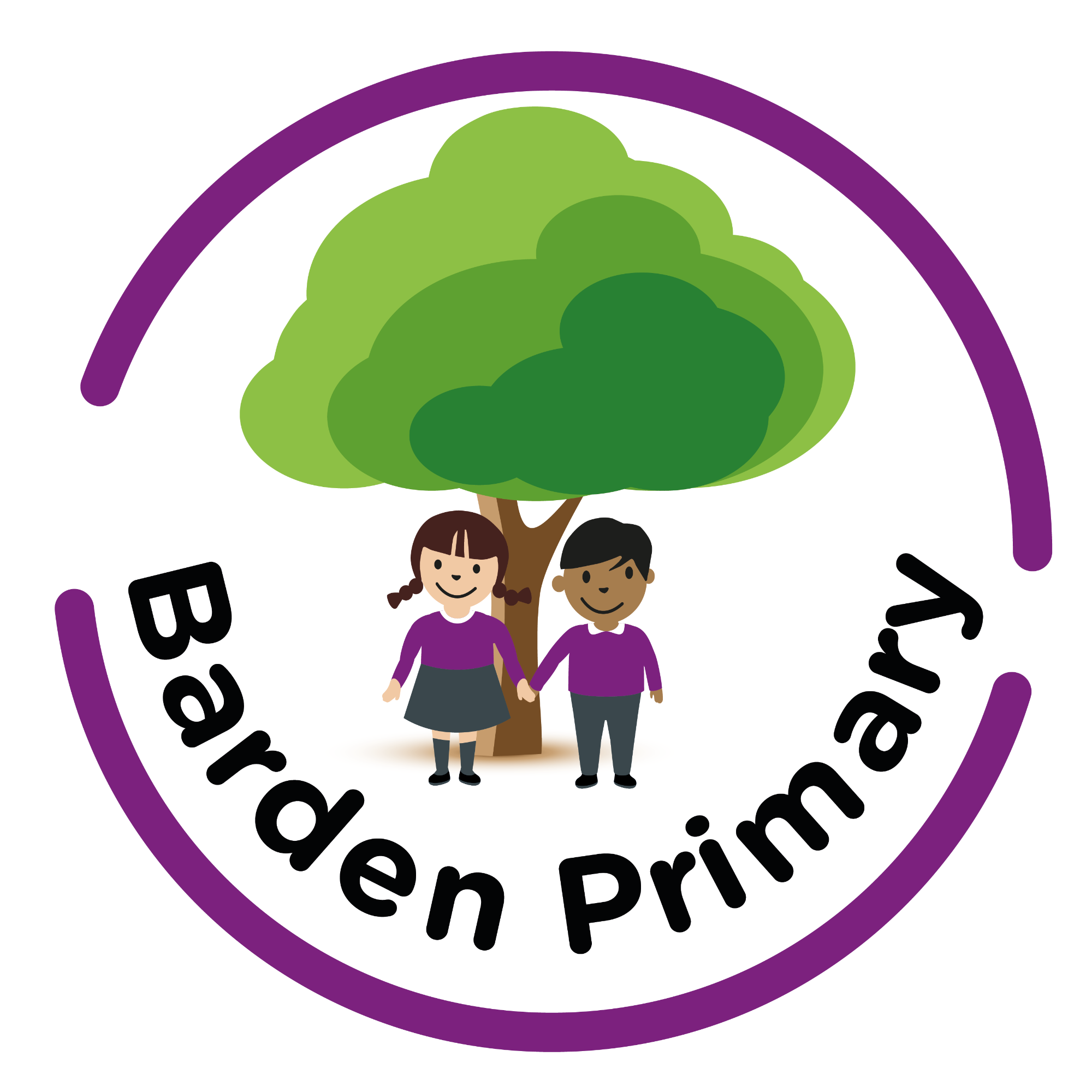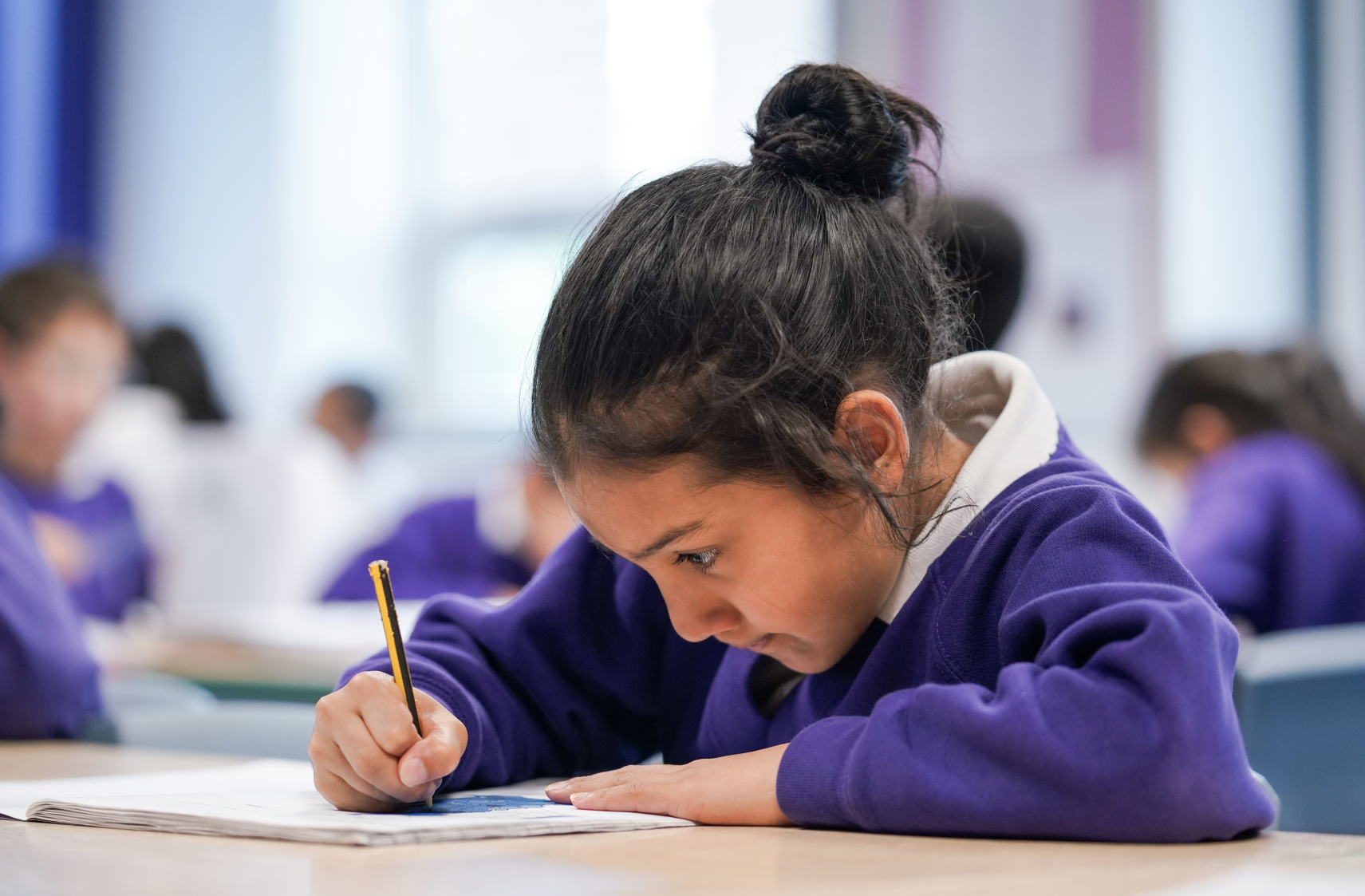Writing
INTENT & IMPLEMENTATION
At Barden Primary School, we aim to provide our children with a quality curriculum that develops a love of reading, writing and discussion. We have created a curriculum that encourages our children to become enthusiastic and engaged with English. Our curriculum provides children with the opportunities to:
- Read and write with confidence, fluency and understanding, orchestrating a range of independent strategies to self-monitor and correct.
- Have an interest in books and read for enjoyment.
- Have an interest in words, their meanings; developing a growing vocabulary in spoken and written forms.
- Be developing the powers of imagination, inventiveness and critical awareness.
- Have a suitable technical vocabulary to articulate their responses.
- Develop into enthusiastic and responsive readers and writers.
The Barden Approach to Writing
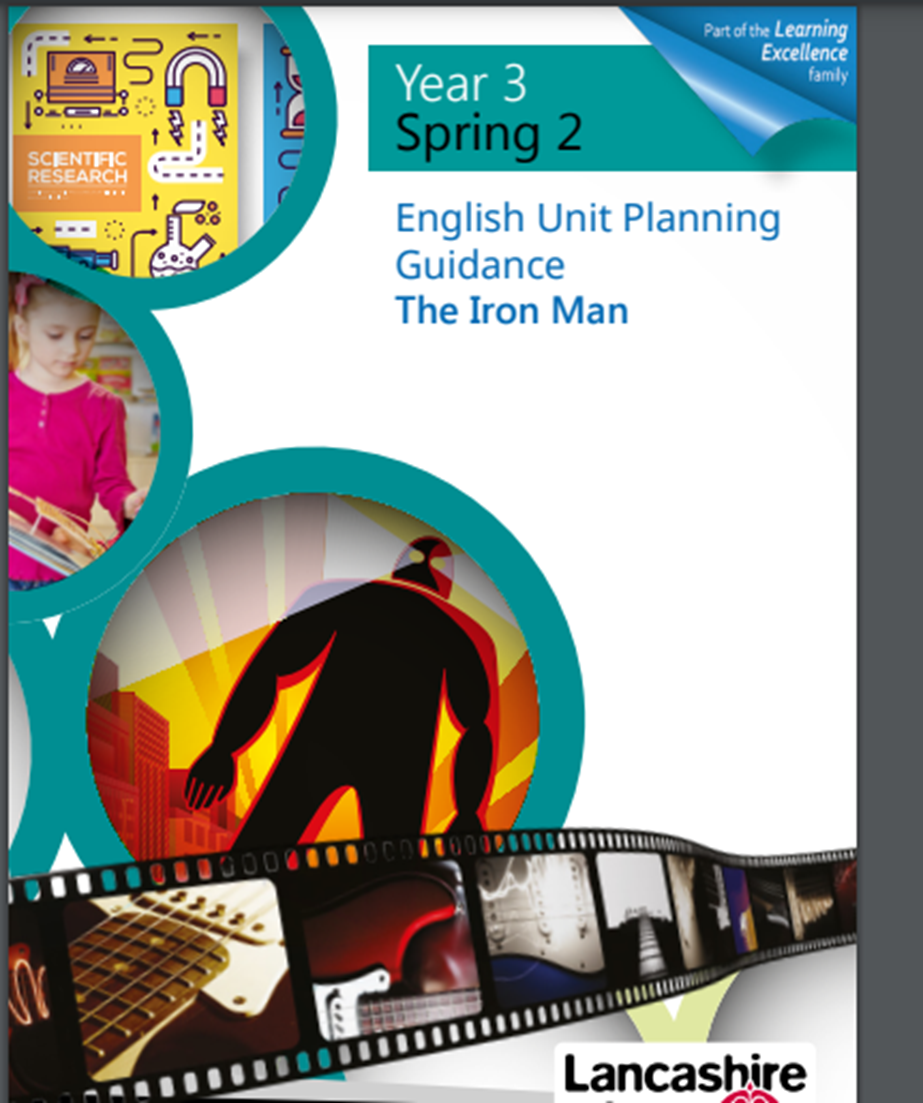 We use the Lancashire professional development service (LPDS) English units as our main planning tool at Barden. The LPDS English planning units cover a wide array of opportunities for the children at Barden to access and innovate different genres related to both fiction and non-fiction.
We use the Lancashire professional development service (LPDS) English units as our main planning tool at Barden. The LPDS English planning units cover a wide array of opportunities for the children at Barden to access and innovate different genres related to both fiction and non-fiction.
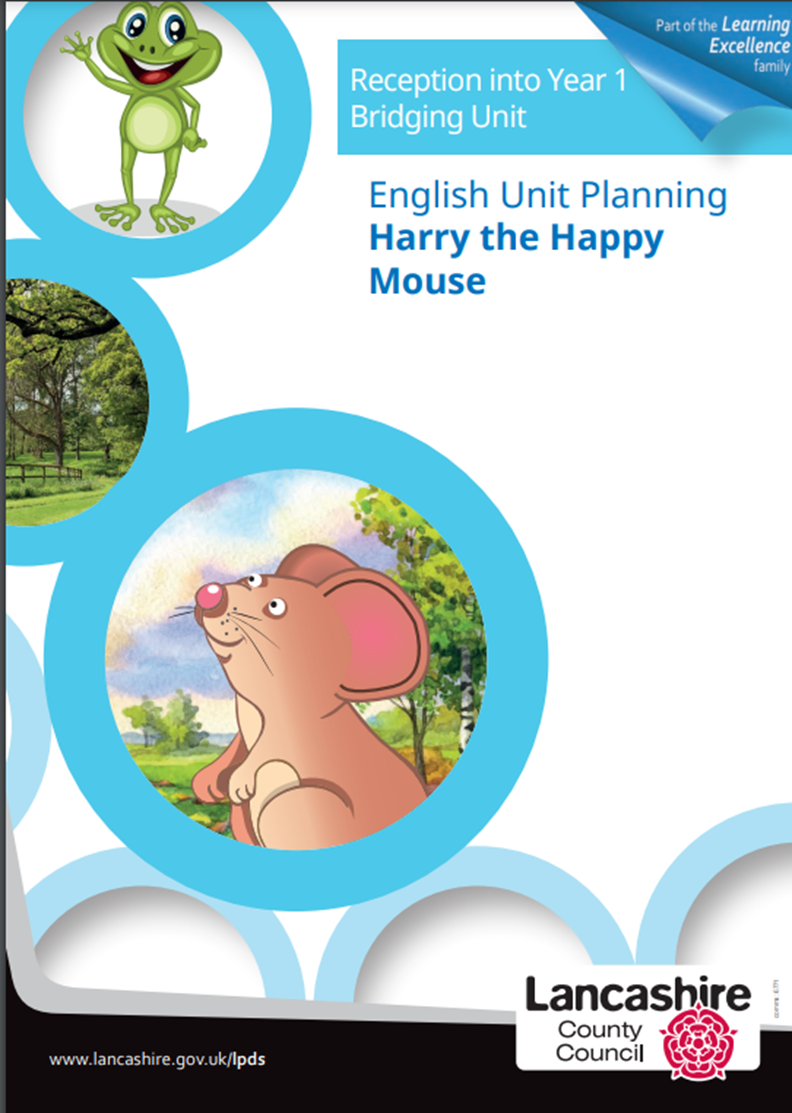
At the beginning of the school year, we use bridging units to allow the children to apply the knowledge they have developed in the previous year combined with new learning from the year they have moved up to.
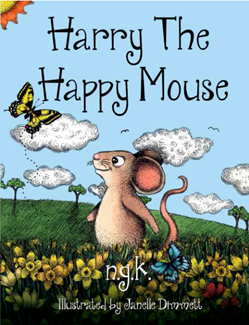
For both the bridging units and LPDS units for each year group, the children are provided with a link text which is designed to hook their interest and develop their understanding of the unit they learning.
Throughout each unit of work, the children will have two outcomes based on a fiction and a non-fiction genre. Throughout the unit, the children will explore various texts related to the unit of work. We follow a phased approach to English, which is clear throughout all the units across the school. The phases of learning are below:
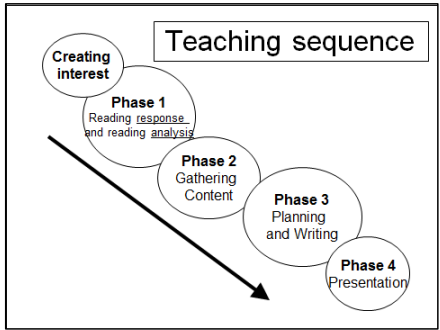
The Curriculum Map 2024-2025
For English, we follow the LPDS units and Talk programmes developed by Lancashire County Council. They offer a wide breadth of coverage of fiction and non-fiction units, using a stimulus as a main focus, such as a class novel. Below is the curriculum map for years 1-6.
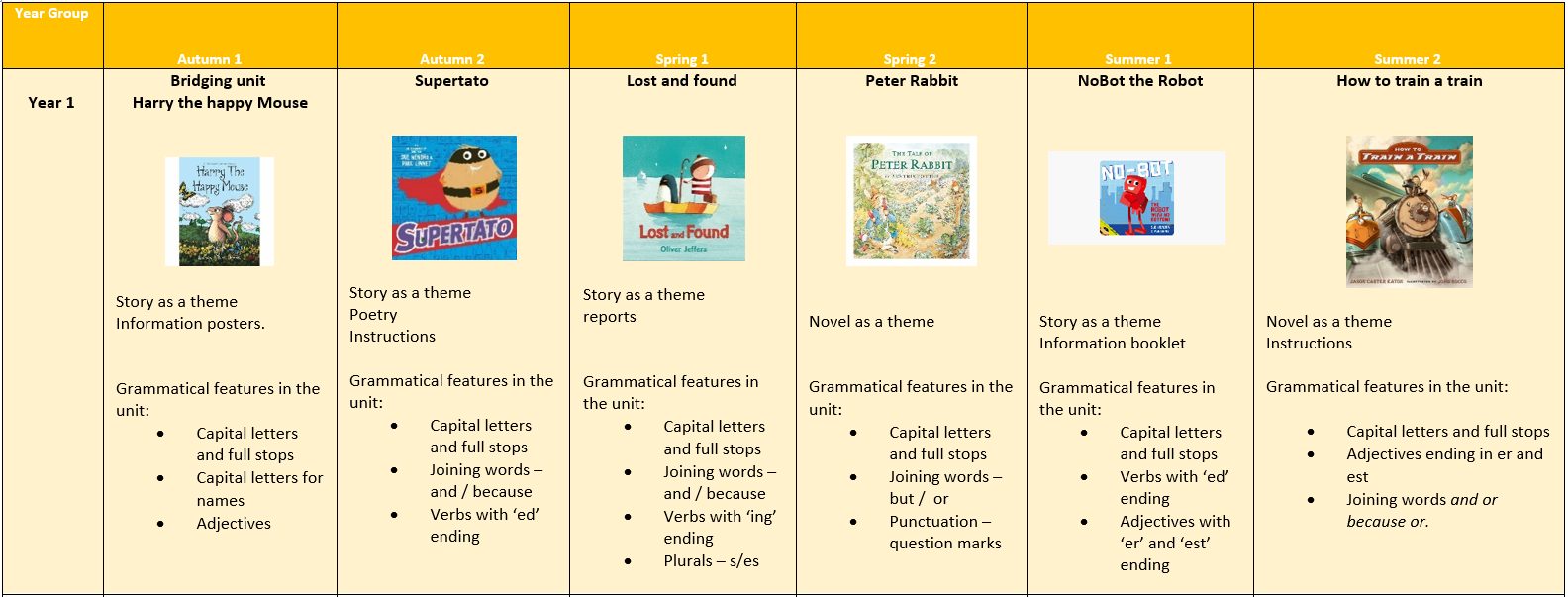
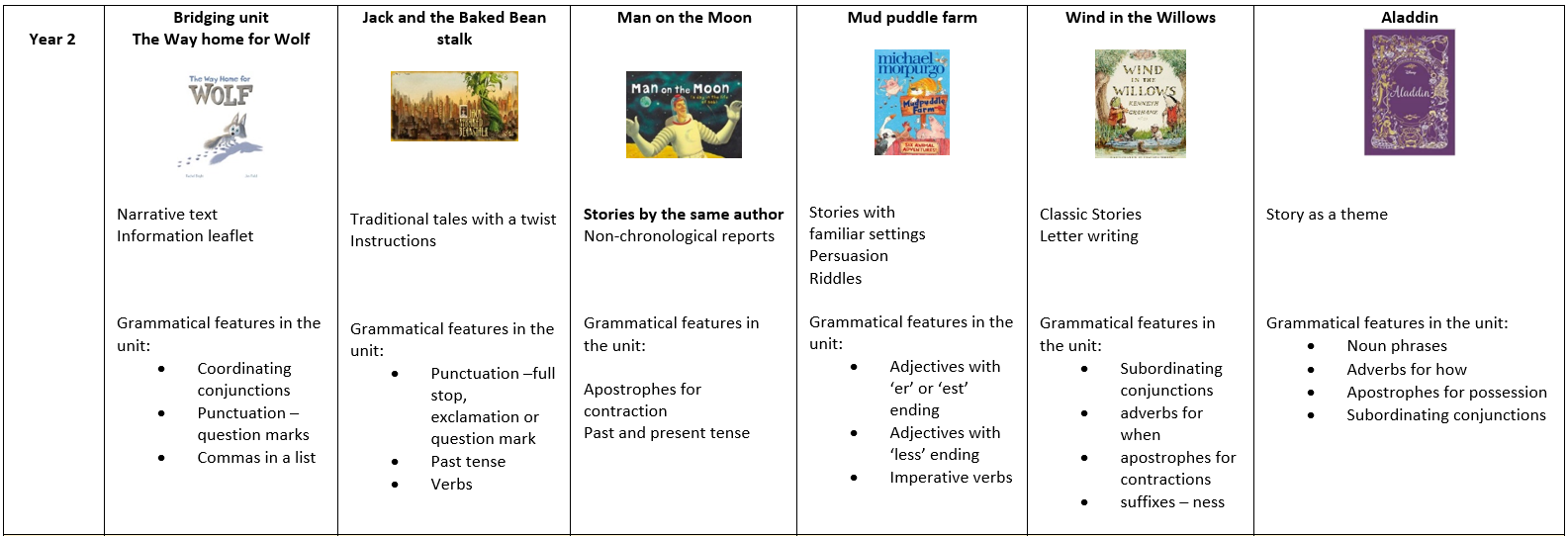

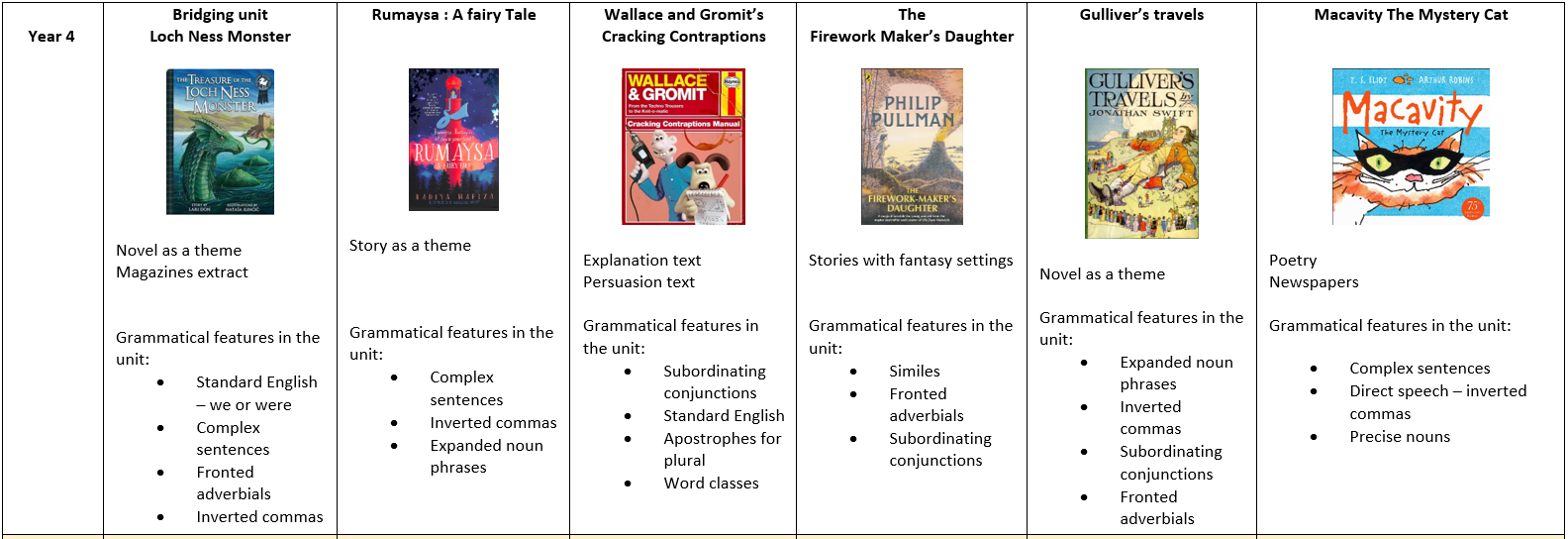

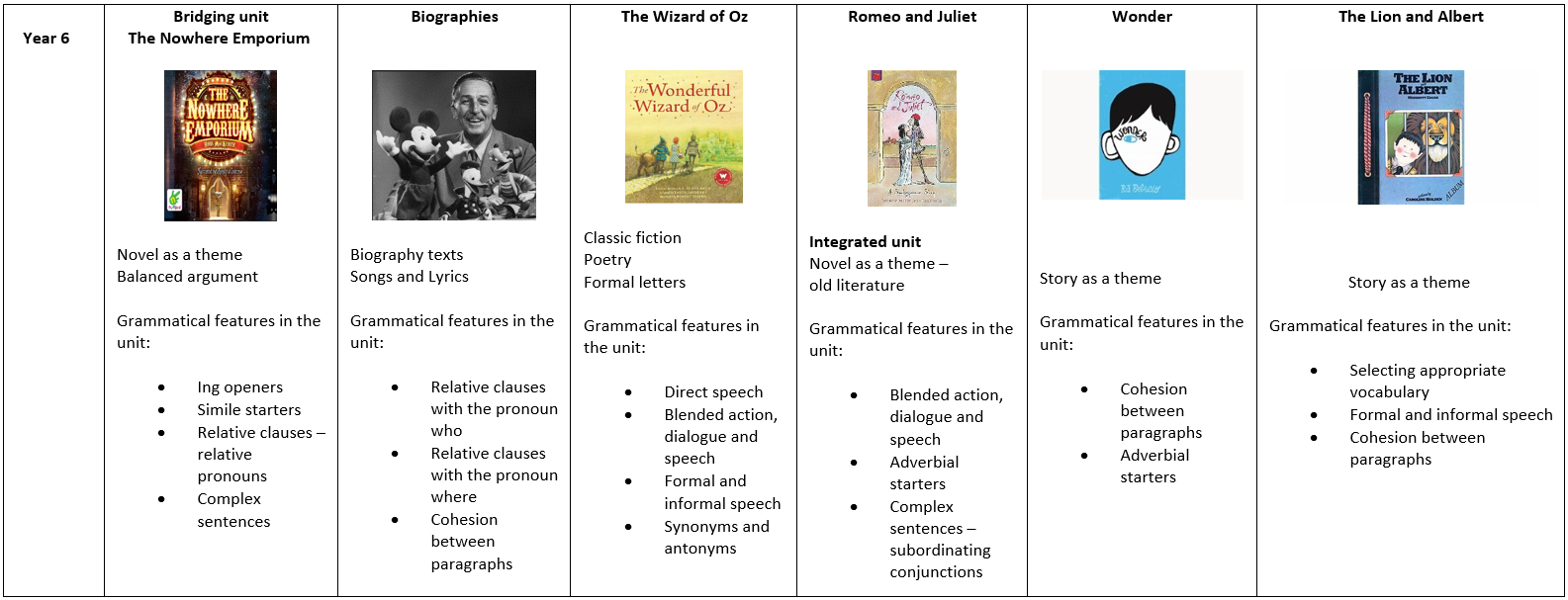
Guided writing and independent writing
Writing is an integrated part of daily life at Barden; children are encouraged to write as often as possible in a range of situations. During the writing phase, children will have a key role in the planning of their own intended writing outcome for the unit of work they are learning. During guided writing, children will work closer with the teacher to develop writing for the outcome. This will involve a scaffolded approach to teaching, with a high level of support provided by the teacher and contributions in terms of how to improve writing from the children. This process is enhanced by the children’s learning throughout the unit, in terms of the texts they have used, the grammar they have developed, and the rich vocabulary developed through the phases of learning. In this phase, the children will have many opportunities to receive feedback on their writing and develop it further through editing.
Once the children have developed the skills to write the outcome for their unit, they will be able to apply them to their independent writing. This involves using a similar outcome to the one in the guided writing, but there will be less scaffolding from the teacher and more impetus on the children to develop their writing. Having already written the outcome of the unit, the children will be familiar with the process for independent writing and will be able to use the working wall in the classroom to develop their own writing.
Cross-Curricular writing
Extended writing is planned for across the curriculum and children are expected to use the same skills as taught in English, e.g. applying knowledge of recounts to writing in Creative Curriculum.
Barden’s Approach to Grammar
Throughout the LPDS English units, we have daily grammar starter sessions related to final outcomes within the unit. We follow the ‘I’ model for grammar:
- Immerse – this is where we introduce the children to the aspect of grammar being developed
- Imitate – the children will have an opportunity to copy and change examples given to them
- Innovate – the children will be able to change or extend examples of grammar given to them
- Invent – the children will be able to generate their own example using the feature of grammar
- Improve –the children will develop and improve their innovation.
This model is used to give children the opportunity to develop their grammar skills and become more confident in applying them in their outcome for the unit.
Handwriting
At Barden, we use the Letter Join handwriting scheme; children are encouraged to use a joined, cursive writing style. During KS1, children are taught how to write using pre-cursive handwriting. During Year 2 and carrying on into KS2, children use cursive handwriting. Different types of pens, paper and format are used to encourage good presentation and handwriting. Children are able to apply for a pen licence from Year 3 and are encouraged to work towards using an ink pen.

